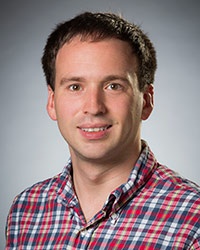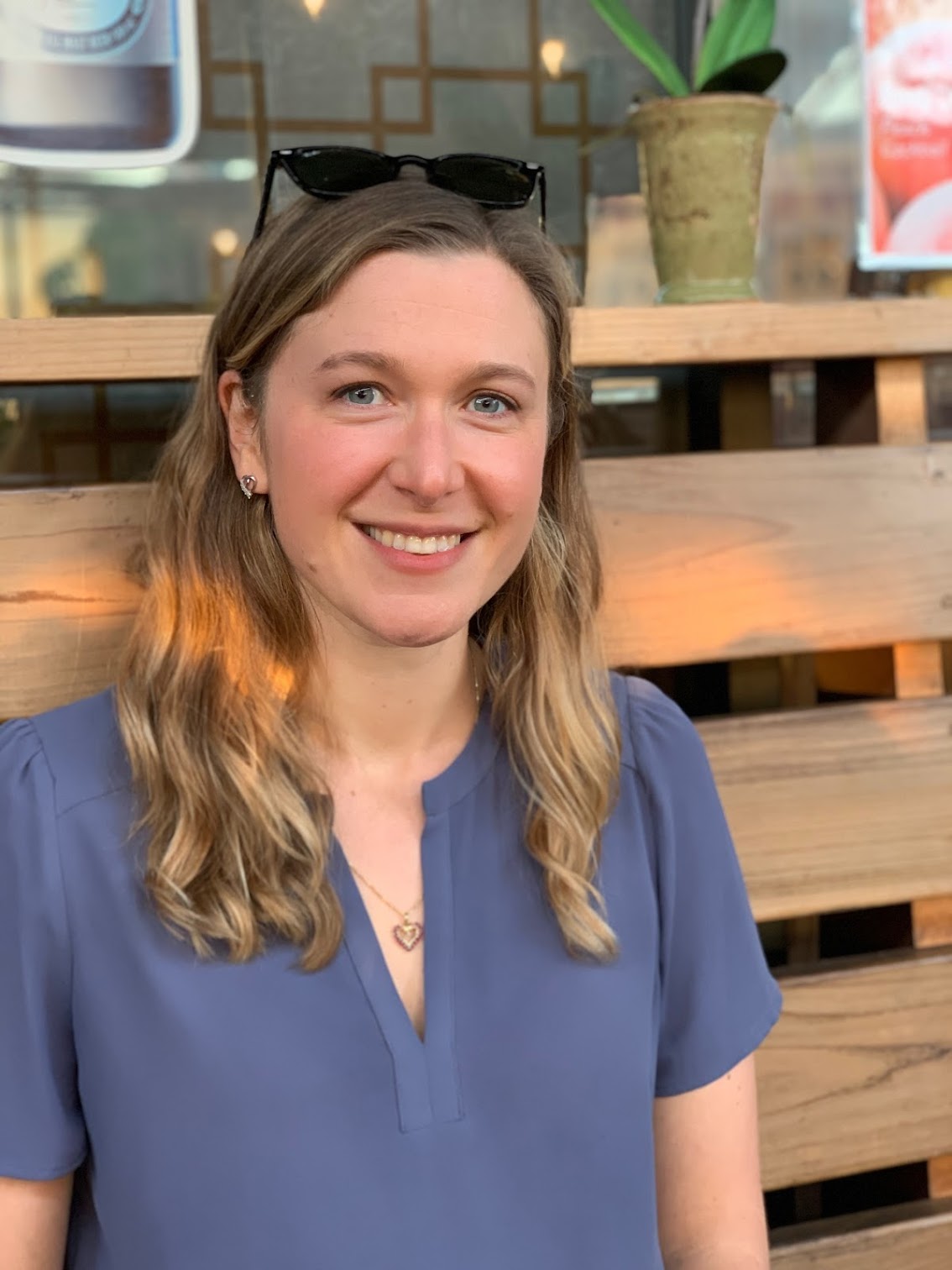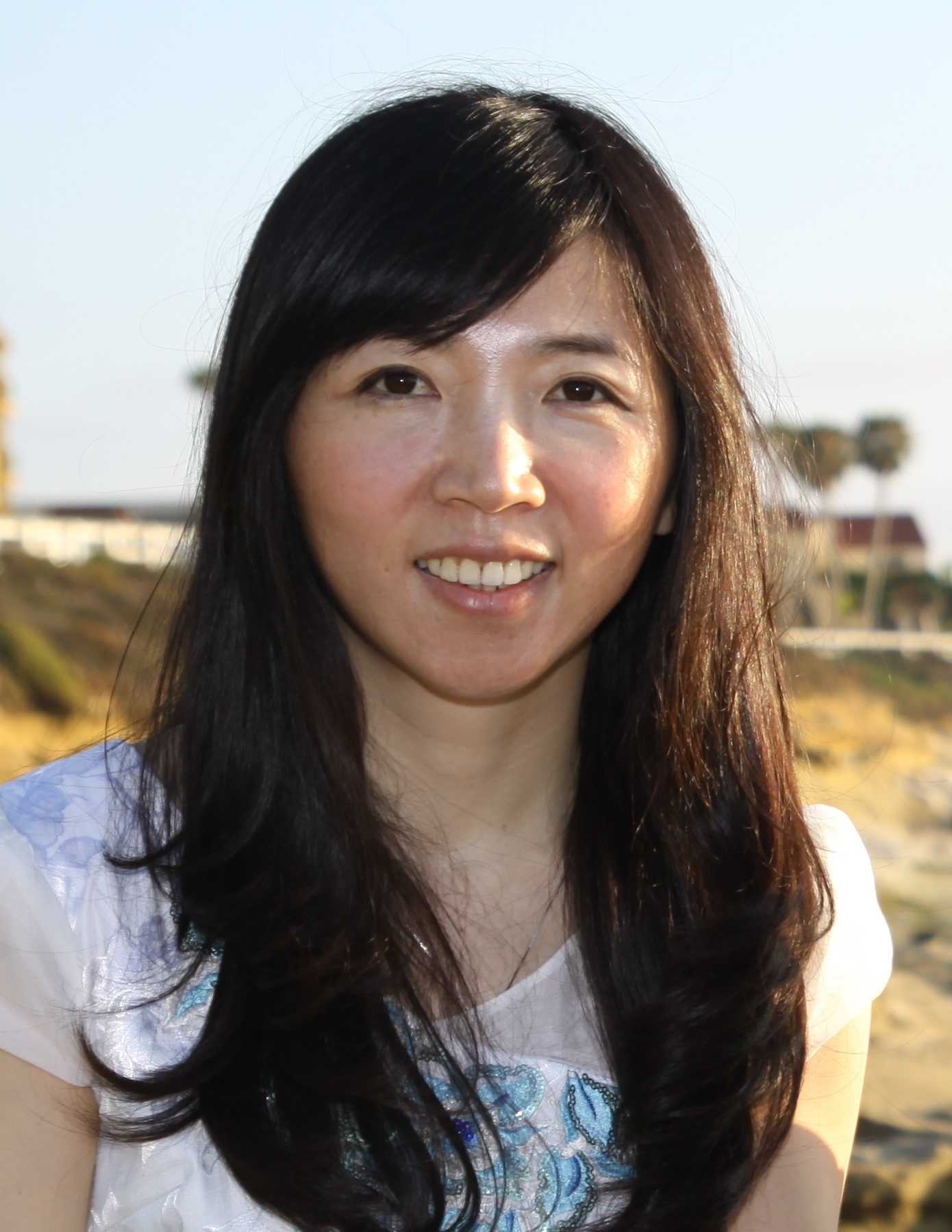Polo Chau

Duen Horng "Polo" Chau, Ph.D., is an Assistant Professor at Georgia Tech’s School of Computational Science and Engineering, and an Associate Director of the MS Analytics program. He holds a Ph.D. and Master's in Machine Learning from Carnegie Mellon University, where his doctoral thesis won CMU’s Computer Science Dissertation Award, Honorable Mention. Chau has received faculty awards from Google, Yahoo, and LexisNexis. He also received the Raytheon Faculty Fellowship, Edenfield Faculty Fellowship, Outstanding Junior Faculty Award. He is the only two-time Symantec fellow and an award-winning designer. Chau’s research lab -- the Polo Club of Data Science -- bridges data mining and HCI to solve large-scale, real-world problems by developing scalable, interactive, and interpretable tools for big data analytics. The group's "Polonium" malware detection technology (patented with Symantec) protects 120 million people worldwide. Its auction fraud detection research was widely covered by media, and its fake-review-detection research received the “Best Student Paper” award at the 2014 SIAM Data Mining Conference. Other work has addressed content spam, insider trading, and unauthorized mobile device access. He co-organized the IDEA workshop series at KDD that facilitate cross-pollination across HCI and data mining. He served as general chair for ACM IUI 2015 and was a steering committee member of the conference.
- Data Mining & Analytics
- Machine Learning; Threat Intelligence
- Cyber/ Information Technology
- Computer Interaction
- Cybersecurity
- Visualization









